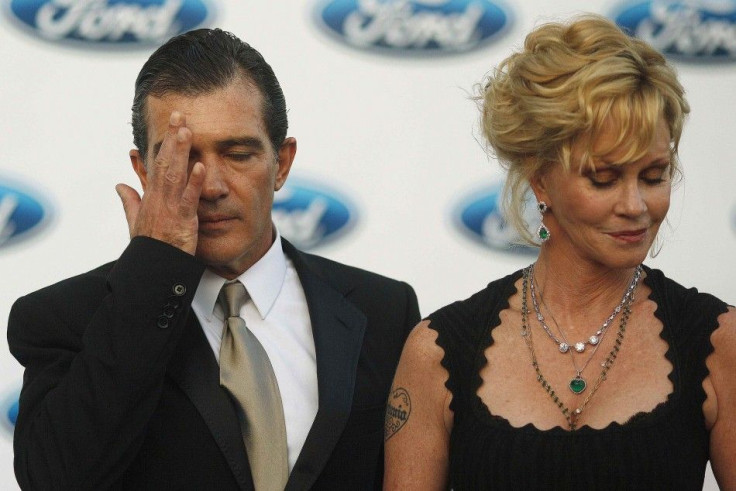Divorce Alternate-Week Arrangement Damages Children, Expert says

The popular arrangement among divorced couples of having children on alternating weekends proves more damaging to the children than the act of divorce per se, Penelope Leach, leading childcare expert in Britain and author of the book Family Breakdown, claimed.
Leach argued that taking the children back and forth between their parents' homes and or the mere act of having them sleepover with the parent they do not usually live with is damaging the children's brain development.
She said that children, especially those who are under five years old, who were asked to spend a night with a parent they do not live with develop "unhealthy attachment issues."
"When people say that it's 'only fair' for a father and mother to share their five-year-old daughter on alternate weeks, they mean it is fair to the adults - who see her as a possession and her presence as their right - not that it is fair to the child," she wrote in her book.
"It can be damaging to the child to divide time equally between the parents," she noted.
To make her point across, Leach interviewed a 12-year-old girl who was being shuttled back and forth between her divorce mother and father.
"When we were at his house dad did talk-would talk-about him and mum and how much he missed her and how she'd betrayed him. It didn't make me sorry for him, it made me embarrassed, especially when it looked as if he was going to cry. One time he'd been drinking whisky and he got all emotional and started talking about getting lonely for her in bed. Yuck. That put me off both of them," the girl said.
According to Leach, mutual parenting even after divorce is the best possible gift they can give their children.
A father of a 2-year-old girl shared with Leach the mutual parenting arrangement he worked out with his ex-wife after being divorced.
"If Diane had been older maybe we'd have tried separate flats close by so she could pop in and out. But with her so little we weren't going to divide her up, so we divided ourselves up: split the house. We have half each, she has it all. Lots of people, like neighbours who aren't real friends, don't even know we're divorced. Diane knows of course but it really doesn't bother her. Why should it? There's always a parent at home and there're always supper in one of two kitchens and her own precious bed waiting in her room," the father shared.
In Australia, an increased number of couples are delaying divorce up until their children reached 18 years old, a 2013 data from the Australian Institute of Family Studies revealed.
AIFS Director Professor Alan Hayes said that the proportion of divorces ending after 20 years had increased from 13 per cent in 1990 to 28 per cent in 2011.
"The increased proportion of all divorces that entail longer term marriages also suggests that increasing numbers of parents will delay divorce until all of their children are at least 18 years old. It is not surprising that the proportion of divorces involving children under 18 years has declined over the last few decades," AIFS Senior Research Fellow, Lixia Qu, said.






